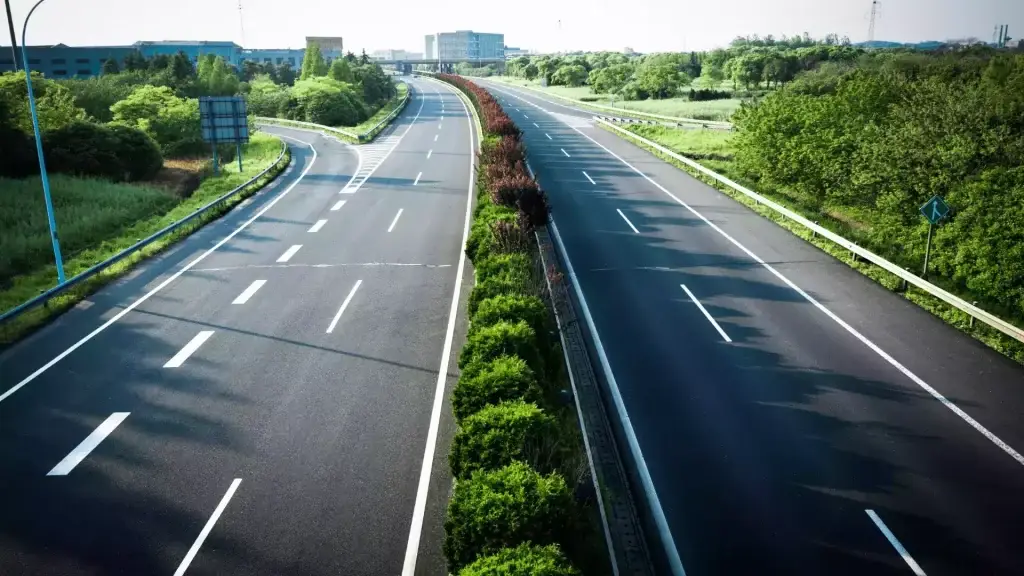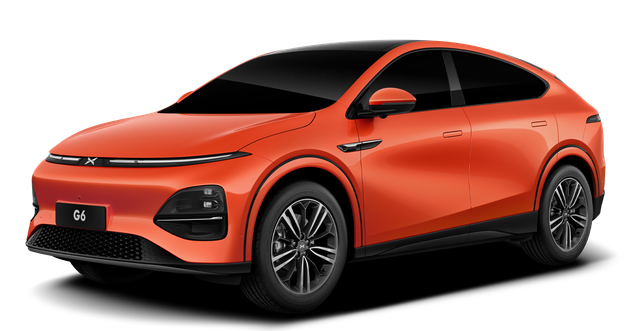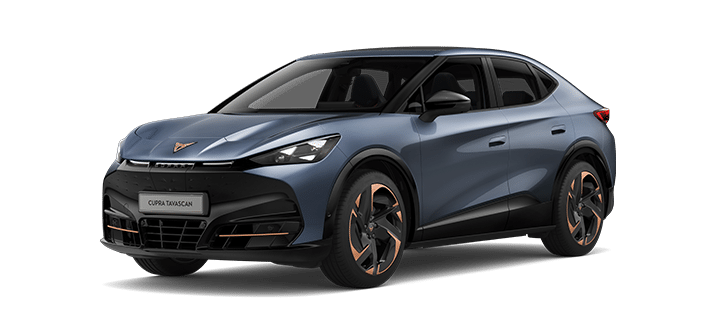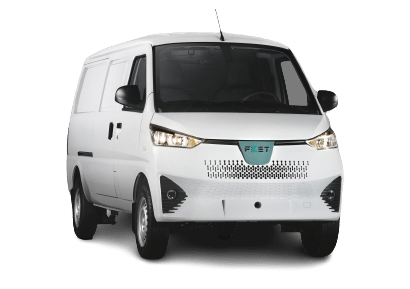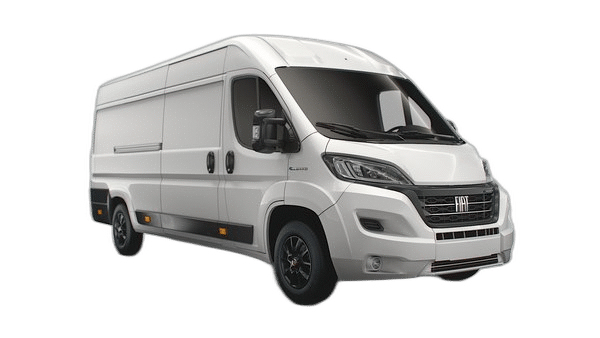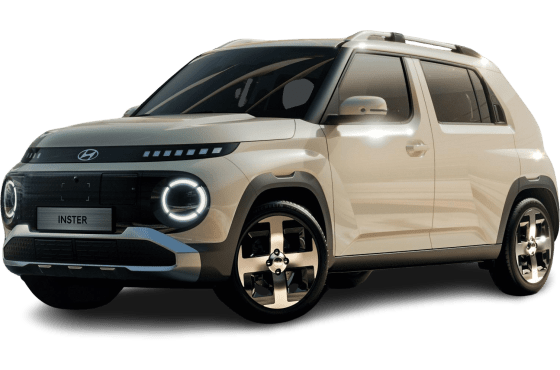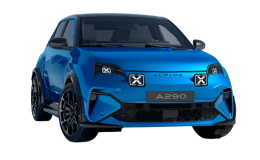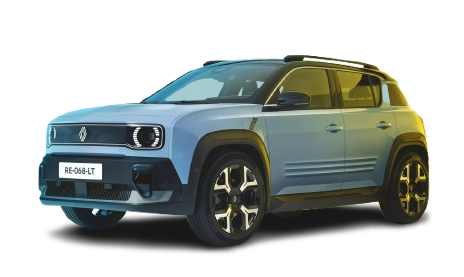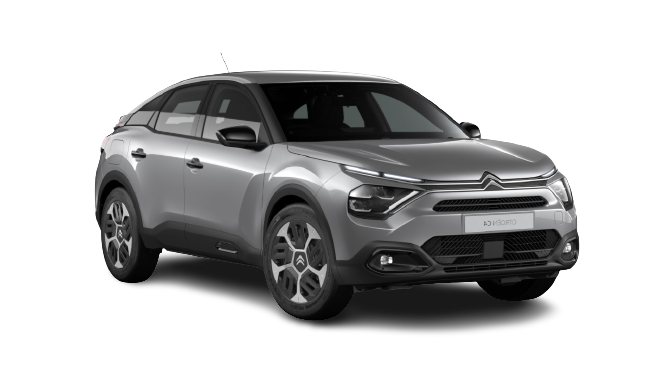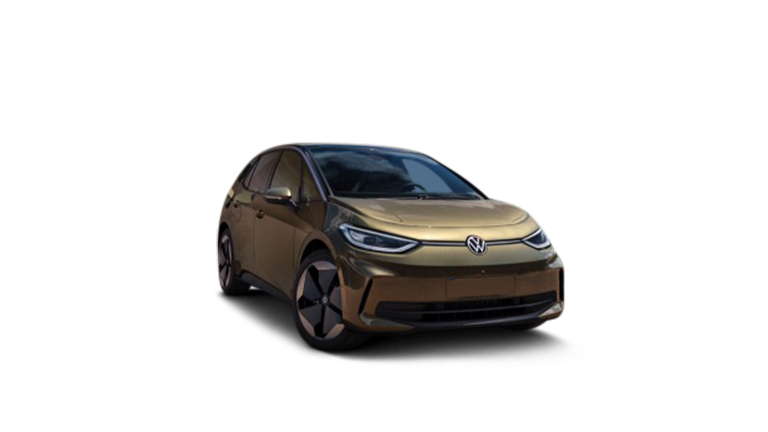The consequences of lower speed limits
Should this measure be implemented in the near future, it's worth knowing what to expect. Here, you'll find all the impacts arising directly from this provision.
Giving our planet a second wind
First of all, it's important to note that lowering the speed limit on the freeway from 130 km/h to 110 km/h is a measure with immediate effect. For example, if it is announced that the speed limit will be lowered the following morning, then you may be penalized if you drive at the same speed as before. So, by having a decision that takes effect instantly, you get results faster. The first, and surely the most valued by the political figures in favor of this initiative, is the reduction in pollution.
Indeed, the main reason behind this decision is the desire to reduce greenhouse gas emissions. By 2021, France'scarbon footprint which represents the quantity of GHGs induced by a country's domestic final demand, was estimated at 552 million tonnes. Bearing in mind that limiting freeway speeds to 110 kph, this would save 0.9 million tonnes of CO2 per yeari.e. 0.2% of France's greenhouse gas emissions, for a single measure!
Save money
As well as being good for the environment, it's also good for the bottom line, and fast too. Increasingly, drivers of combustion-powered vehicles face a host of difficulties. Between soaring prices and government incentives for the energy transition, their daily lives seem to be disrupted. But what if we told you that lowering the speed limit could save you money? Indeed, driving at 110 km/h rather than 130 km/h can save you up to 25% on fuel, which is no mean feat in the current economic climate.
THE ADEME also shows us that by driving just 10 km/h slower than usual, i.e. at 120 km/h on a freeway, you can save up to five liters of fuel over 500 kmthat's a saving of €7 for you. The electric vehicles also save on their range, but this subject will be dealt with in greater depth in the section dedicated to drivers of electric car drivers. What's more, there's no risk of fuel poverty: even with a combustion-powered vehicle, you can do your bit for the environment, at no cost to you - on the contrary!
Take your time on the road
Last but not least, we'll look at the final consequence: longer journey times. This is surely one of the most frequently cited objections when speed reduction measures are introduced. In 2018, when the French Prime Minister Edouard Philippe lowered the speed limit on roads from 90 km/h to 80 km/hmany drivers spoke out against this decision, which concerned their daily roads. The main difference with this initiative is that it concerns freeways.
Admittedly, journey times will be longer, but freeways are favoured for long-distance journeys, which are more occasional and less frequent in most cases. It should not be forgotten that for some drivers, freeways represent the daily route, but these remain marginal. As a result, the more time we take on the road, the greater our concentration. This reduces the risk of inattention, accidents and so on. Slower driving may take time, but it also means greater safety.
Economic impact: a financial opportunity
First of all, it's important to know that if this lowering is carried out, it represents no cost in absolute terms. In fact, it does not require the installation of any heavy infrastructure. At first sight, the installation of new road signs indicating the new speed limit are the costs that can be counted for this measure. Not forgetting that, according to the French Ministry of Ecology, this measure would represent a collective gain of 658 million euros per year. This total gain is made up of :
- fuel savings (360 million),
- 61 million in savings due to lower CO2 emissions,
- 53 million thanks to the reduction in local pollution,
- 149 million in accident reduction,
- 35 million for reduced congestion and avoided property damage.
What's more, it has an economic impact on the ecological transition. It will enable us to move towards more responsible and less costly means of locomotion. This measure will also reduce demand on the transport sector. Drivers will find it easier to switch to public transport. What's the point in continuing to use my car, which is limited to 110 km/h, when I can use public transport, which is limited to 100 km/h and costs much less? What's more, let's not forget that the transport sector is responsible for 29% of greenhouse gas emissions in France.
Finally, we can legitimately question the relevance of our current toll system. Why pay the same, or at all, to drive slower? Note that in Europe, only 7 countries (France, Italy, Portugal, Greece, Croatia, Ireland and Poland) use the toll system to charge for the use of their freeways, and the most expensive of all is France! Freeway privatization has been the talk of the town ever since it was introduced in 2005, but if it were to be lowered, the debate would become heated once again.
Environmental impact: tackling the climate emergency
The latest IPCC reportreport, dated April 4, 2022, has highlighted, more than ever, the need to act quickly to limit global warming. Greenhouse gas emissions, the main contributor to global warming, are being reduced, but the greater the urgency, the greater the emphasis on so-called "quick fix" measures.
Reducing emissions
As previously stated, if this measure were implemented, it would be the quickest to date and, above all, the most effective in the short term. Indeed, the fact that it would be active as soon as the decision was taken would mean that results would be seen very quickly. The resulting benefits, such as reduced CO2 emissions, would quickly become apparent.
For example, a "test" freeway has already introduced 110 km/h rather than the usual 130 km/h. The A62 motorway in the Toulouse region has reported a positive impact on air quality since the measure was introduced. On average, this means 6 micrograms per cubic metre less, and around 4,020 tonnes of CO2 are no longer emitted. Not only does this help to reduce air pollution, especially for combustion-powered vehicles. But it also offers a reduction in noise pollution with electric cars which, in addition to not polluting like combustion-powered cars, have the advantage of being more than silent.
Reduced demand for oil
What's more, thanks to this measure, we won't need as much oil as before. According to the International Energy Agencythe first reason for a drastic reduction in oil demand is precisely this reduction in the speed limit. In particular, it shows that lowering the speed limit by at least 10 km/h would save 290 kB/d of oil for cars, and a further 140 kB/d for trucks. This would reduce our dependence on oil, while turning to other, more responsible mobility solutions, especially in view of rising fuel prices.
Social impact: facing up together
Some countries have already adopted this measure of lowering the speed limit on freeways. The Netherlands, for example, has a limit of 100 km/h during the day and 130 km/h at night, for the more nostalgic. It's clear that this decision has given rise to protests, just like the 80 km/h in France in 2018. Without going back over this initial debate, it seems necessary to recall that this measure helped reduce road deaths. What's more, this reduction in the speed limit would apply to freeways, i.e. roads that are less relevant to the daily commute for most of the population. To avoid any social unrest similar to that of the Yellow Vests, Elisabeth Borne intends to consult the French before making any decisions.
What's more, freeways are more frequently used for long-distance journeys, by wealthier households in general. So this measure will mainly concern these people, and social injustice will not be part of the equation.
However, there is also a collective aspect to consider. Everyone will be affected by this measure, and there will be no difference. What's more, this decision will reconcile the preservation of purchasing power, with the savings made, and benefits for the climate. Everyone is concerned, and everyone participates. This uniqueness, along with environmental awareness, are factors that help acceptance.
Finally, as mentioned above with the 80 km/h speed limit, lower road speeds reduce the risk of fatal accidents.
For you, electric vehicle drivers
In this section dedicated to electric car driversyou'll see how this reduction in the speed limit also represents an opportunity for you.
As with internal combustion vehicles, driving slower saves energy. This range of electric carswhich has frightened many, also has its benefits. In fact, according to a study by Le Progrès, carried out with a Volkswagen ID.4energy consumption is halved when speed is reduced. Driving at 110 km/h gives electric cars. This energy gain means you can reduce, or even avoid, stops to recharge your vehicle. Imagine being able to use your personal charging station and arrive at your destination without stopping to recharge!
Take a look at our article on how to save an electric car battery?
So, to get the same range, you can opt for an electric car with a smaller battery, and why not a cheaper one? We've put together a ranking of small electric cars if you're interested! Taking into account the rise in fuel prices, the gain in range thanks to eco-driving, your electric vehicle has nothing to envy of combustion-powered vehicles. This measure would make your electric car more competitive with its combustion counterparts.
What about you? Are you in favor of lowering the speed limit on freeways?
